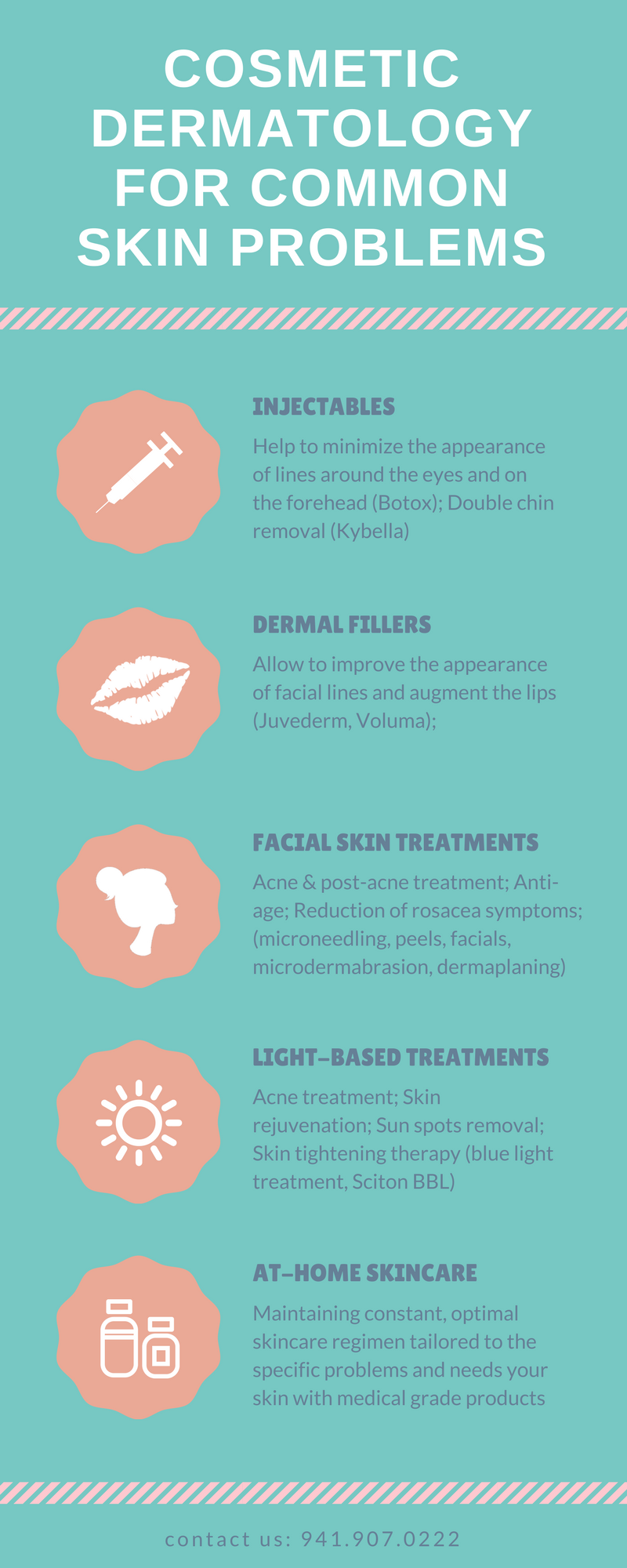Comparing Prescription And OTC Acne Treatments: Which Is Better?
Comparing Prescription And OTC Acne Treatments: Which Is Better?
Blog Article
Authored By-Jansen Sellers
Did you understand that virtually 85% of individuals experience acne eventually in their lives? When you're faced with this typical skin issue, determining in between prescription and non-prescription (OTC) therapies can be complicated. Each option has its very own collection of advantages and downsides, which can significantly influence your skin's health. So, how do visit my web page determine which treatment lines up best with your needs? Recognizing the crucial distinctions and what they mean for your distinct circumstance might just hold the response.
Secret Distinctions Between Therapies
When it involves acne treatments, recognizing the key distinctions can make a considerable impact on your skin's health.
You'll discover two main groups: non-prescription (OTC) and prescription treatments. OTC choices, such as benzoyl peroxide and salicylic acid, are readily available and have a tendency to be much less intensive. They often function by unclogging pores and reducing inflammation, making them appropriate for moderate to modest acne.
On the other hand, prescription therapies normally have stronger energetic components, like retinoids or prescription antibiotics, and are tailored for much more extreme instances. These treatments commonly require a skin doctor's assistance, allowing them to target particular skin issues efficiently.
The strength and formula of prescription alternatives can lead to quicker outcomes yet may also feature a greater danger of side effects.
You ought to likewise consider your skin type and any sensitivities when choosing a treatment. As an example, if you have delicate skin, OTC therapies might be a gentler beginning factor.
Eventually, knowing these differences assists you make notified options regarding your acne treatment journey and leads you toward more clear skin.
Pros and Cons of Prescription Choices
Prescription options for acne treatment featured both advantages and disadvantages that you need to evaluate meticulously.
One major pro is their effectiveness. Prescription medicines often include greater concentrations of active components, which can lead to faster and much more efficient results contrasted to non-prescription (OTC) items. https://facialcosmeticsurgeon33221.mdkblog.com/37966665/sign-up-with-the-change-in-acne-therapy-developments-as-cutting-edge-therapies-assure-to-change-your-fight-versus-breakouts may also find that prescriptions are customized to your certain skin kind and acne intensity, giving a much more tailored strategy.
On the other side, these therapies can come with substantial disadvantages. For one, they may have negative effects varying from light inflammation to a lot more significant complications, which you need to monitor very closely.
Furthermore, prescription treatments can be much more costly, especially if your insurance coverage does not cover them. You may additionally face difficulties in getting a prescription, as it requires a see to a doctor, which can be time-consuming and troublesome.
Benefits of OTC Therapies
OTC therapies often use a convenient and accessible solution for handling acne. You can easily find these items in pharmacies, supermarket, or online, making them conveniently offered over the counter. https://www.newsweek.com/pandemic-won-many-over-cosmetic-surgery-knife-opinion-1611947 indicates you can begin your acne therapy whenever you require to, without waiting for a medical professional's appointment.
Another significant benefit of OTC therapies is their price. Numerous non-prescription choices are economical, allowing you to explore numerous formulations without breaking the bank. You can attempt various items to see what jobs best for your skin type.
OTC therapies also are available in a range of formulas, including gels, lotions, and washes. This range permits you to pick a product that fits your way of life and choices. Many include energetic components like benzoyl peroxide or salicylic acid, which are effective in treating acne.
Lastly, you have the flexibility to adjust your regimen based on your skin's feedback. If one item isn't working, you can quickly switch over to one more without an extensive consultation process. This adaptability encourages you to take control of your acne management trip.
Conclusion
Ultimately, choosing between prescription and OTC acne therapies really comes down to your distinct skin demands and conditions. While prescriptions might look like the gold ticket for quick results, OTC choices provide a more obtainable course, allowing you take control of your skincare journey. Accept the adaptability of OTC items or take into consideration the customized approach of prescriptions-- in either case, you're taking a positive action towards clearer skin and improving your self-confidence along the way.
